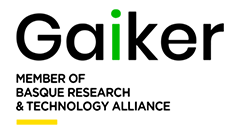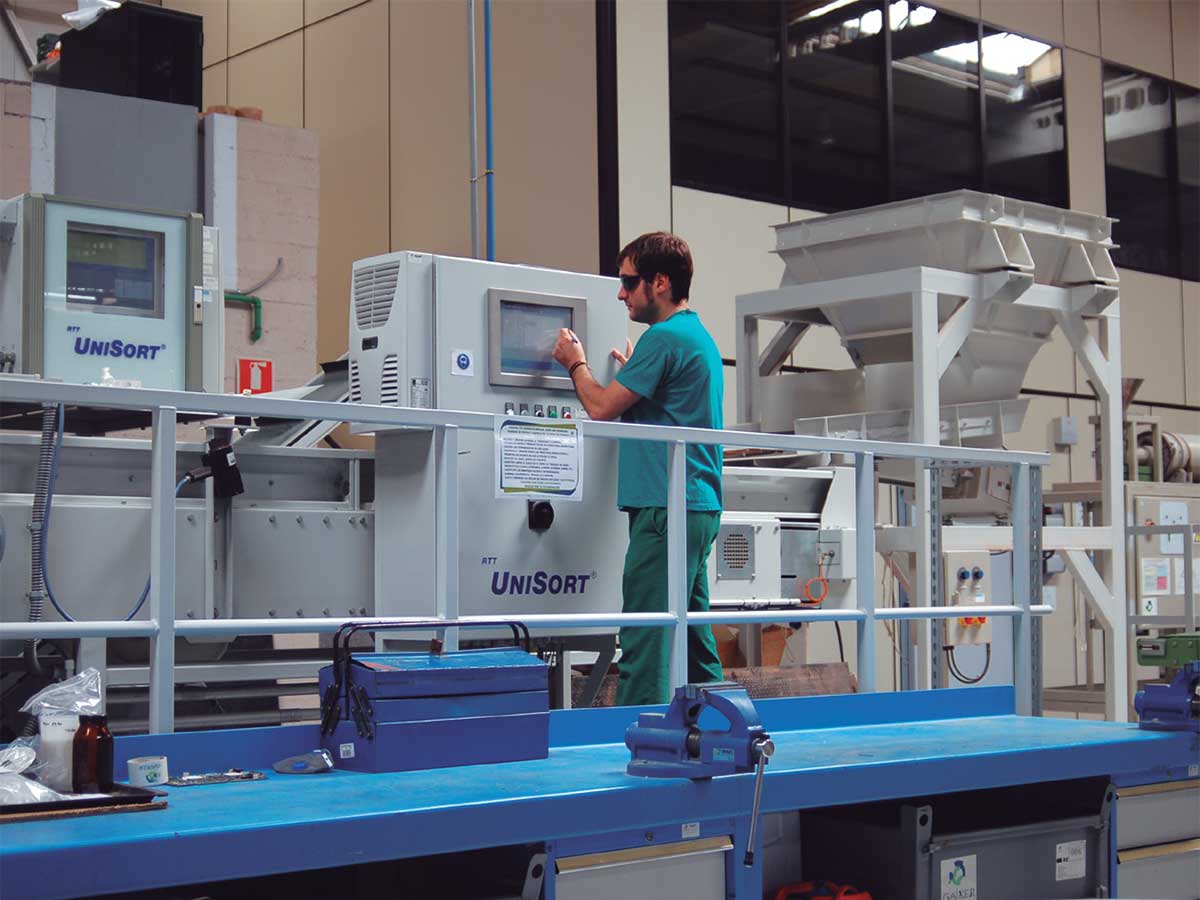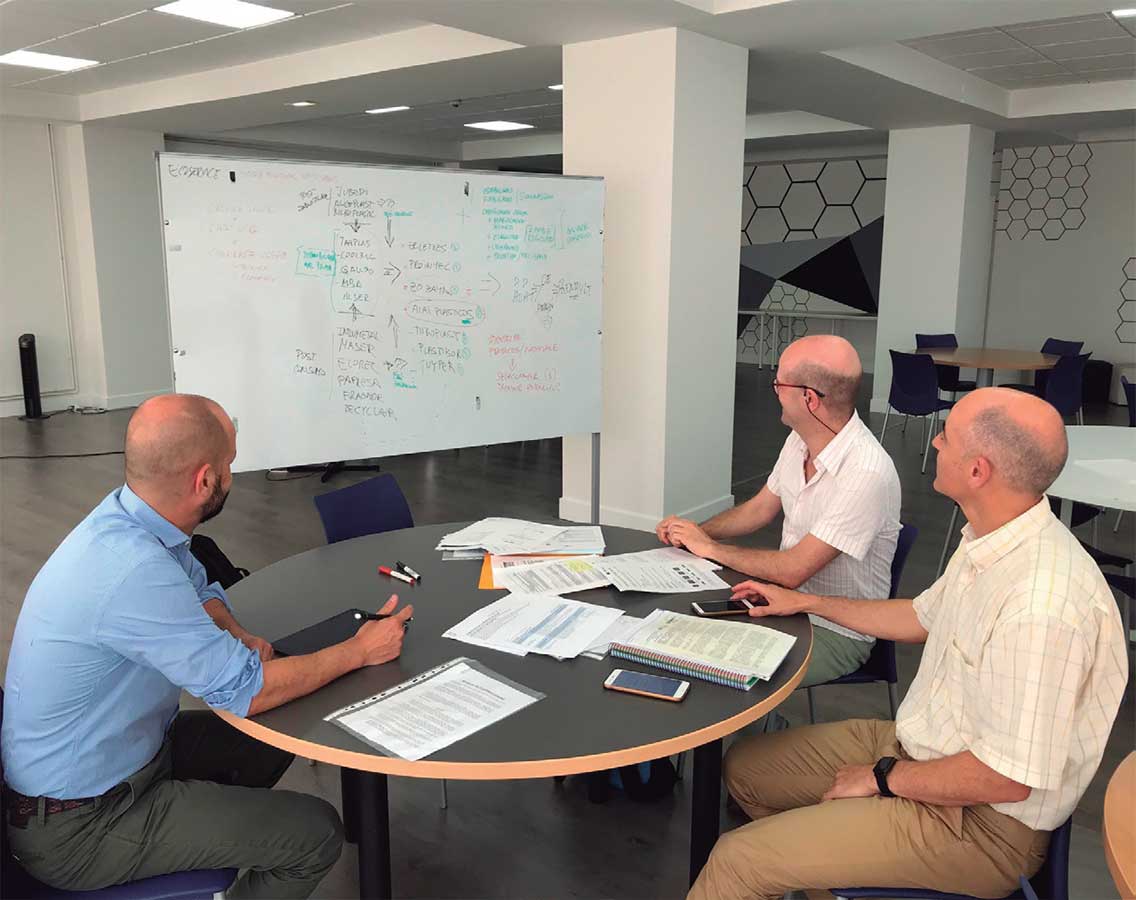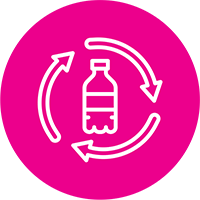ECOSERVICE
HUB TO INTRODUCE SUSTAINABLE PLASTICS IN BASQUE INDUSTRY
THE PLASTICS VALUE CHAIN IN THE BASQUE COUNTRY IS EXCESSIVELY LINEAR: there is a lack of complex waste management and transformation companies, no industry consuming secondary plastics, and in addition, the Basque Country receives a net quantity of plastic waste combined with other materials of interest (generally metal) which feed its landfills with added streams. Over 300,000 tonnes of plastic waste are sent to landfill; over 50,000 tonnes go to energy recovery, and around 60,000 tonnes are recycled but almost in its entirety not consumed by Basque industry.
GAIKER, a Technology Centre specialised in recycling, has led ECOSERVICE. ZICLA, innovation with waste specialists and HASTEN VENTURES, a consultancy firm specialised in new business models, have collaborated in this project.

DRIVING FACTOR


 OBJECTIVES
OBJECTIVES
- Trailblazing the Basque plastics value chain towards introducing sustainable plastics and improve post-industrial and post-consumer plastic waste processing in the Basque Country.
- Test a business model based on a line of services for industries related to the plastics cycle in the Basque Country, oriented towards sustainability throughout the value chain, with the aim of becoming a business role model in plastic materials sustainability in an economic area of interregional influence.
 RESULTS
RESULTS
- Definition of plastic materials value chains of the highest interest in the Basque Country, using commercial, technical and strategic criteria.
- Definition of a potential business model which is initially contrasted against the market and reviewed according to the results.
- Identification of a strategy to introduce recycled chippings currently available on the market as the quickest strategy to test market readiness.
- Identification of opportunities not used until now, for integrating the use of secondary plastics in regular production by companies, leading to demonstrative actions and specific projects for interested companies.
 CONCLUSIONS
CONCLUSIONS
- The need for services focused on the plastics circular economy to fill gaps in information, qualities, materials, specifications, certification, etc. that are detected in the value chain, has been identified.
- It was decided that as a business model providing ECOSERVICE with the appropriate trading form for the current environment, a collaboration agreement to maximise GAIKER’s development and innovation capabilities and ZICLA’s industrial and commercial relations to carry out larger-scale pilots will be subscribed.
- The critical importance of having an industrial partner factory with relevant capacity to act as a driver of secondary plastics value chains has also been noted, i.e.: a physical plant generating confidence and supporting the sector.
ENVIRONMENTAL
TECHNICAL
ECONOMIC
COMMERCIAL
ON THE MARKET

